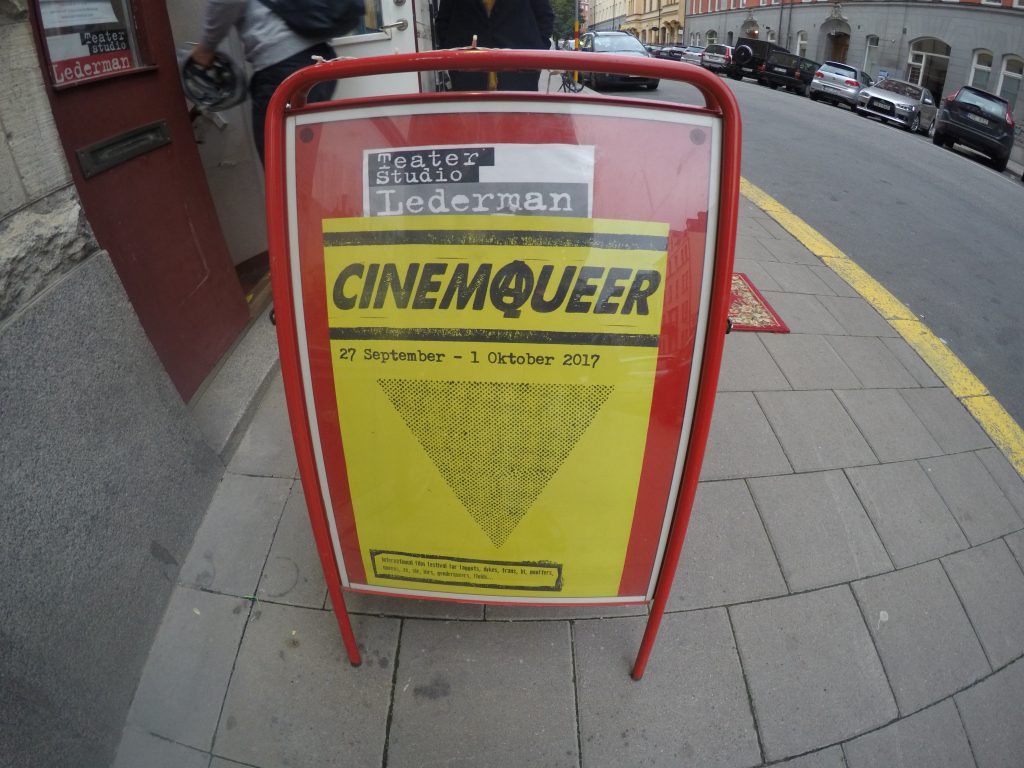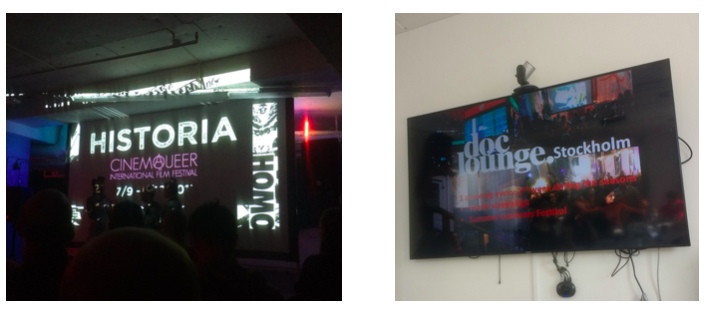Arts & Advocacy: Festivals to Advance LGBTI+ Rights

Last week Civil Rights Defenders’ Eurasia Department received one of our partners working with LGBT rights, as they were visiting Stockholm, Sweden. The visit aimed at providing knowledge and expertise on the use of arts festivals as a tool to advance LGBT rights.
Many of our partners operate in an environment where the space for civil society is very limited; where the rights of freedom of expression, assembly and association have been restricted; and where the LGBT community has been systematically discriminated, persecuted, and violently targeted. Overall, our human rights defenders work in places where not only their physical security is at risk, but also where the impact of their hard work is constantly jeopardized by the maneuvers of repressive regimes.
Festivals can become a platform for social interaction, and the arts become the medium for the expression and exchange of political, social, and cultural ideas.
In this restricted human rights scenario, one wonders how arts festivals can be used as an innovative tool for the promotion of LGBT rights? Well, in countries where it is required to ask for permission to have a demonstration and where that permission is consistently denied, it is necessary to look for other ways to advocate for human rights. Sometimes it is necessary to create your own space to engage society in the conversation. Hence, festivals can become a platform for social interaction, and the arts become the medium for the expression and exchange of political, social, and cultural ideas. Festivals initiate a dialogue that foster understanding and tolerance. Festivals are a space of “on-going recognition, negotiation and contestation”. Clearly, the curation of films, paintings, photography and so on is an essential part of the festival. The message they communicate may raise awareness and awake interest on issues that were before alien to us.
Civil Rights Defenders support these kind of creative initiatives that can help our partners to promote advocacy of LGBT rights. For example, since 2009 Civil Rights Defenders has supported the Queerfest in St. Petersburg, amid the hostility engendered by the homophobia in the Russian society. Bomb threats, last-minute cancellations, and venue refusals are all well-known issues for the LGBT community. In spite of this, the resilience of our partners has led them to continue organising the festival, which took place in a relatively calm context in 2016 and 2017.
The success of our partners created a momentum that encourage us to keep betting on projects that promote the use of the arts as a transformative tool. This is why we invited a group of activists to participate at the Cinema Queer Film Festival and a workshop given by Doc Lounge.

Our partners had the opportunity to talk to the Cinema Queer organisers, where they engaged in enriching conversations about the challenges of organising a LGBTQ film festival in Sweden.
The second round of meetings included a workshop with Doc Lounge, a non-profit organisation that believes in the use of documentaries as an art form that can catalyze discussions, empower people, and inspire social change. During the workshop our partners gained first-hand insight on innovative ways of organising a film screening.
The workshop closed on a positive note, as our partners reflected that it had been a “productive day” and that they had “learned so much”.